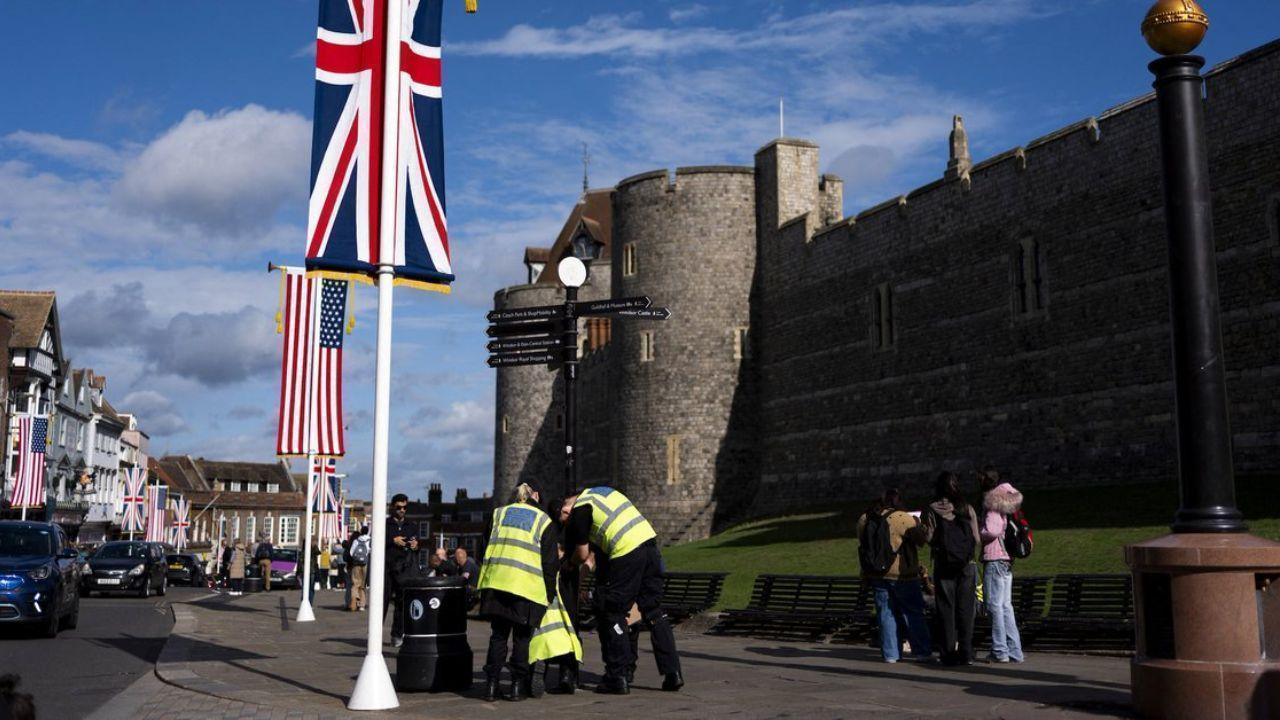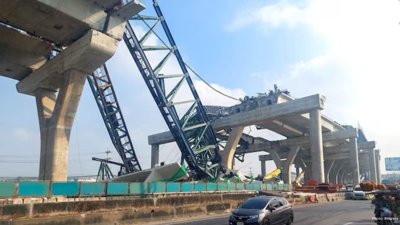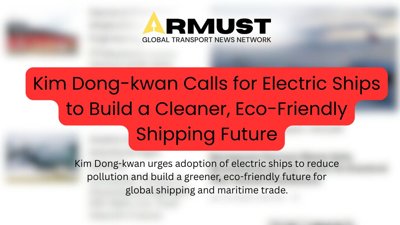
Post by : Avinab Raana
Photo : X / Reuters
Big Diplomatic Moves Around Trump’s State Visit
During U.S. President Donald Trump’s second state visit to the UK, London and Washington are preparing to unveil a suite of deals that stretch across tech partnership, civil nuclear energy, and tariff reductions. These deals are not just ceremonial, they reflect both nations’ aspirations to deepen industry, energy, and regulatory ties in a rapidly shifting global landscape.
Tech Partnership to Focus on Cutting-Edge Sectors
The technology agreement set for announcement will focus heavily on sectors like artificial intelligence, semiconductors, telecommunications, and quantum computing. The UK sees this tech partnership as a chance to pull in investment, strengthen its digital infrastructure, and affirm its status as a high-tech hub. U.S. companies and UK counterparts are expected to collaborate in areas ranging from hardware to regulatory alignment.
Civil Nuclear Deal Aims to Energize Energy Security
Alongside tech, a civil nuclear deal is also ready to be signed. This agreement aims to accelerate cooperation on reactors, licensing, and regulatory standards, and will likely support both large nuclear projects and small modular reactors (SMRs). These nuclear initiatives are central to the UK’s strategy to boost clean, reliable energy while balancing domestic supply resilience.
Tariff Reductions Part of Trade Strategy
One of the foundations of the upcoming deals is the push for lower tariffs on steel and aluminum imports. Steel and aluminum tariff reductions have been under discussion for some time, and during trade negotiations, the UK is hoping to finalize terms that will reduce these trade barriers. The goal is to strengthen bilateral trade flows and ease some longstanding tensions around protectionism.
Investment Surge Pre-Visit Signals Intent
Preceding the official visit, over £1.25 billion in U.S. investments into the UK have already been announced, involving major corporations from finance, tech, and cloud sectors. This investment surge signifies strong confidence in the UK’s business climate and the expected spillover from the tech and energy deals. Firms involved in cloud computing, AI infrastructure, and financial services are particularly visible in this mix.
Strengthening Regulatory Alignment
A key component of these deals is regulatory cooperation, especially for the civil nuclear side. Faster licensing, mutual recognition of safety assessments, and streamlined regulatory pathways are expected to feature in the agreements. These regulatory changes are designed to reduce delays in project approvals, enabling faster deployment of new technologies and nuclear assets.
Role of AI and Data Infrastructure in the Announcements
AI is emerging as a focal point within the tech partnership. Part of the investment drive is tied to building out AI-ready data centre capacity, aligning energy infrastructure with AI demands, and ensuring that regulatory frameworks keep pace with rapid developments in compute, data privacy, and security. This signals that both governments view AI infrastructure not as a secondary concern, but as core to future competitiveness.
Strategic Importance for UK-US Relations
These announcements come at a time when both governments are seeking to reinforce transatlantic ties. The deals reflect not only commercial interest, but also strategic concerns: energy security, supply chain resilience, and technological leadership. By combining civil nuclear cooperation, tech collaboration, and tariff adjustments, the UK and US are aiming for a more interlinked, mutually beneficial relationship in a world of increasing geopolitical tension.
Economic Impacts: Jobs, Growth, and Innovation
The tech partnership and nuclear deals are expected to generate economic ripple effects. Manufacturing and construction jobs in nuclear plants, semiconductor fabs, or data centre builds may see significant growth. Innovation clusters around quantum computing, AI, regulatory tech, and clean energy could attract talent and investment. Reduced tariffs on industrial materials like steel and aluminum may lower costs for downstream industries, from automotive to infrastructure.
Challenges That Lie Ahead
Despite the optimism, several challenges remain. Technical complexity and cost are high for nuclear projects and advanced tech infrastructure. Regulatory harmonization is easier said than done—differences in safety culture, environmental standards, and licensing practices persist. Energy supply and grid capacity must keep up with new demands, especially for data centres and SMRs. Tariff agreements may also face opposition from domestic industries wary of foreign competition.
Political Undercurrents and Diplomatic Theater
The context of all this is deeply political. The visit involves strong spectacle: royal pageantry, state ceremonies, and diplomatic signaling. Prime Minister Keir Starmer is using the event to showcase UK openness to foreign investment, while President Trump’s presence amplifies U.S. interest in rebalancing trade and industrial alliances. The dismissal of the UK ambassador over controversial associations adds another layer of complexity, highlighting that politics and optics remain inseparable from diplomatic deals.
What to Watch in the Coming Weeks
In coming days, eyes will be on the final text of the agreements, especially the civil nuclear deal and tariff reduction clauses. Observers will also track which companies commit publicly to investment, how quickly regulatory reforms are enacted, and whether the tech partnership delivers on infrastructure and innovation promises. The effectiveness of implementation will be the real test of whether these deals are long-term, structural changes or merely headline-grabbers.
A Moment of Potential Transformation
The UK-US tech partnership, civil nuclear agreement, and tariff reductions set to be announced during President Trump’s state visit represent more than symbolic diplomacy. They could mark a turning point in how the UK positions itself globally in tech and energy, and how resilient its industrial and regulatory ecosystems become. For businesses, innovators, and citizens on both sides of the Atlantic, success will depend not just on signing ceremonies, but on following through with infrastructure, investment, and the regulatory courage to modernize.
Tech partnership, Civil nuclear, Tariff reductions










Advances in Aerospace Technology and Commercial Aviation Recovery
Insights into breakthrough aerospace technologies and commercial aviation’s recovery amid 2025 chall

Defense Modernization and Strategic Spending Trends
Explore key trends in global defense modernization and strategic military spending shaping 2025 secu

Tens of Thousands Protest in Serbia on Anniversary of Deadly Roof Collapse
Tens of thousands in Novi Sad mark a year since a deadly station roof collapse that killed 16, prote

Canada PM Carney Apologizes to Trump Over Controversial Reagan Anti-Tariff Ad
Canadian PM Mark Carney apologized to President Trump over an Ontario anti-tariff ad quoting Reagan,

The ad that stirred a hornets nest, and made Canadian PM Carney say sorry to Trump
Canadian PM Mark Carney apologizes to US President Trump after a tariff-related ad causes diplomatic

Bengaluru-Mumbai Superfast Train Approved After 30-Year Wait
Railways approves new superfast train connecting Bengaluru and Mumbai, ending a 30-year demand, easi